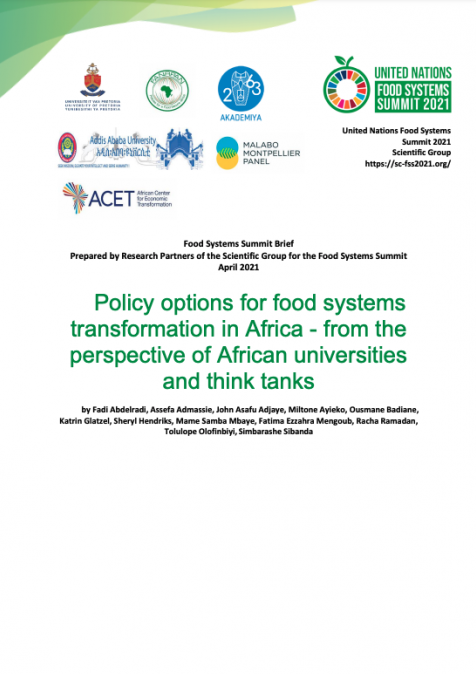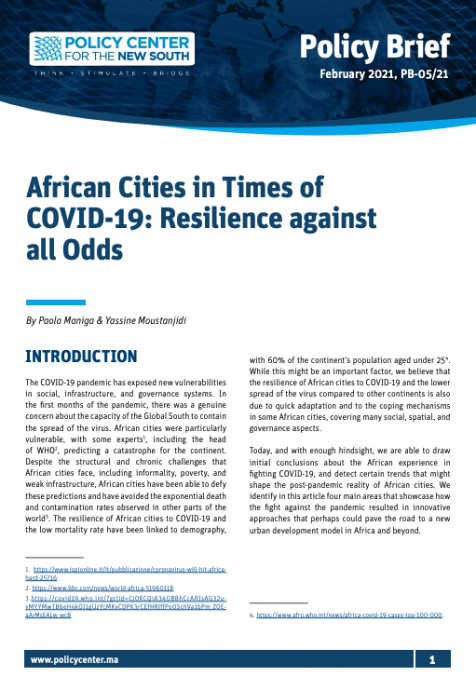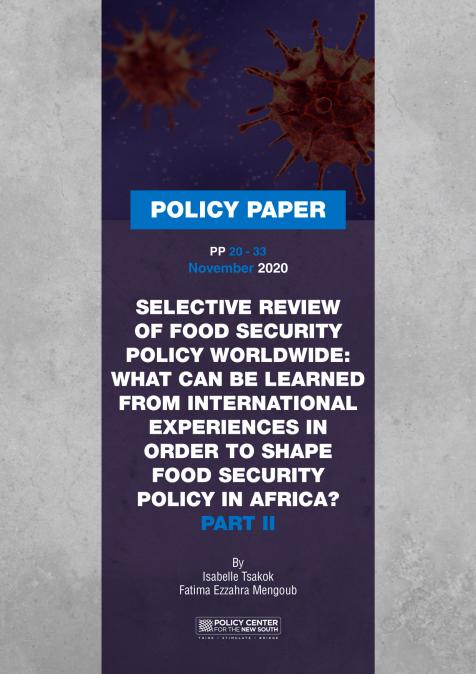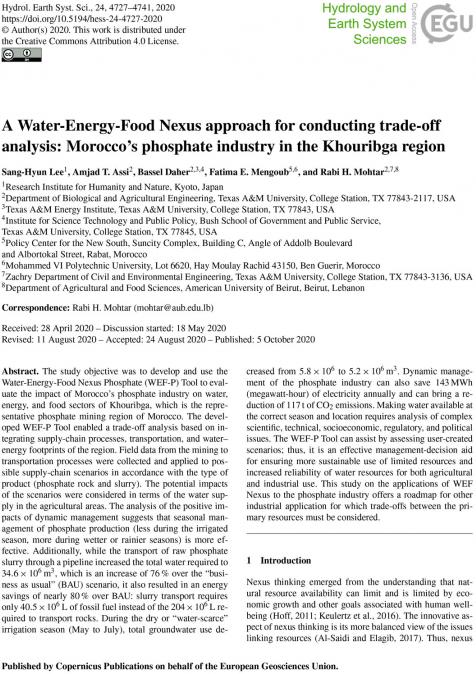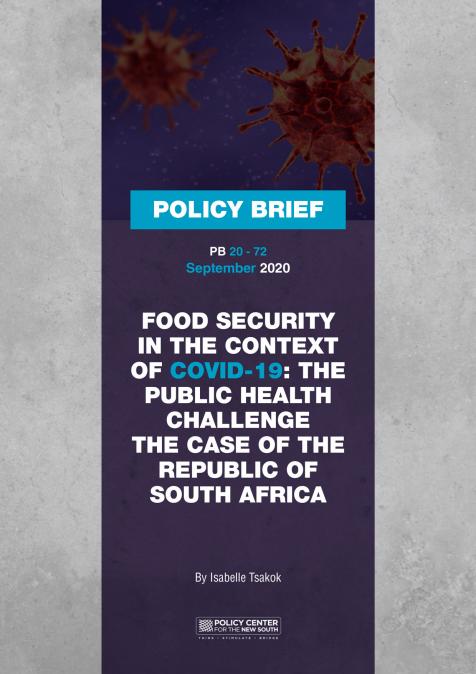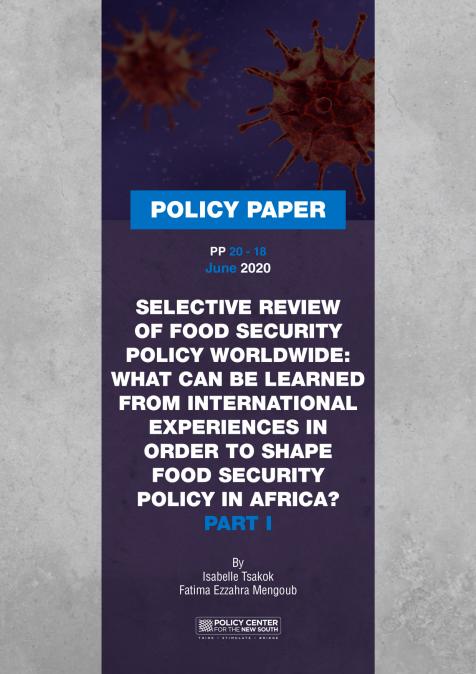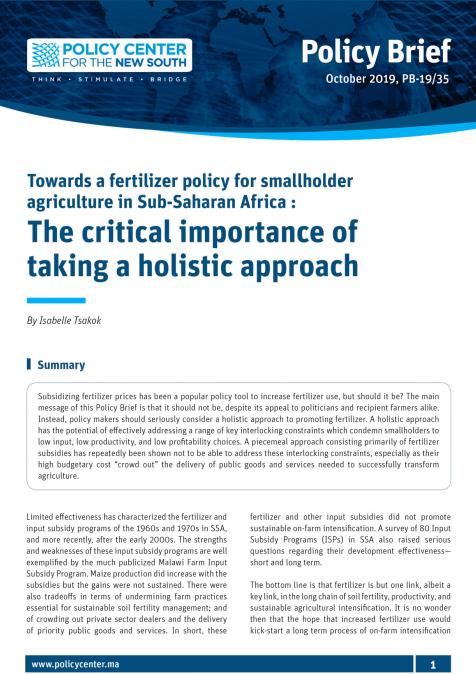Podcasts
Impact of the Ukraine crisis on Food Security
20
May
2022
Traders have worried that the war involving Russia and Ukraine could stoke inflation, further disrupt supply chains and derail the global economic recovery. Scarcity of food has led to rising prices within the conflict zone and elsewhere in the world. Both local and global markets are stressed because food demand is high while supply has been restricted. Rising food prices mean rising food insecurity. In this podcast, Dr. Rabi Mohtar & Dr. Isabelle Tsakok, both Senior Fellows at the Policy Center, discuss the effects of the conflict on food security, and the possible ways to mitigate these effects in the medium and long term.



